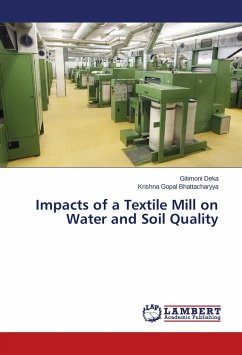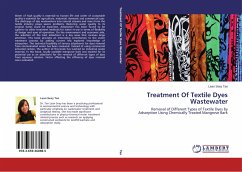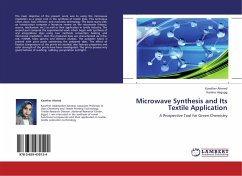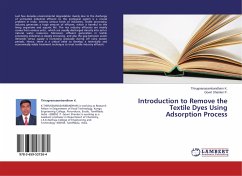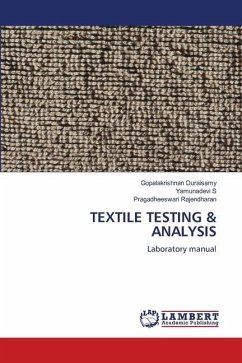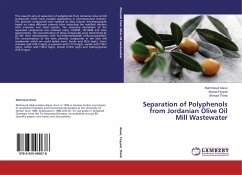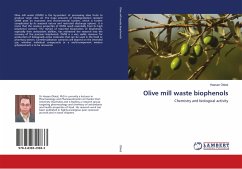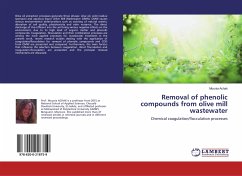This work investigates the impacts of the effluents and other wastes of a Textile Mill on quality of soil and water in the surrounding areas. Some specific impacts on soil and water quality have been identified. For example, the soil was getting enriched with both ionic matter and hydrophobic organic matter, which had important consequences. The soil became enriched with the trace metals, As, Cd, Cr, Cu, Hg, Mn, Ni, Pb, and Zn. The quality of the drinking water in and around the textile mill did reflect the changes in the physico-chemical quality of the soil. The water was characterized by considerable presence of the cations, Ca, Mg, Na and K, being compensated by comparative presence of the anions, Cl, NO3 and SO4. The toxic organic contaminant, phenol, was present in some of the drinking water sources. The water was contaminated with Mn, Ni, and Pb, and also fluoride. The rice crop grown in the study area had accumulated appreciable amounts of metals in them as seen from the analysis of rice grains and husks. Significantly, the husks were seen to be richer in the metals than the grains with one or two exceptions.

